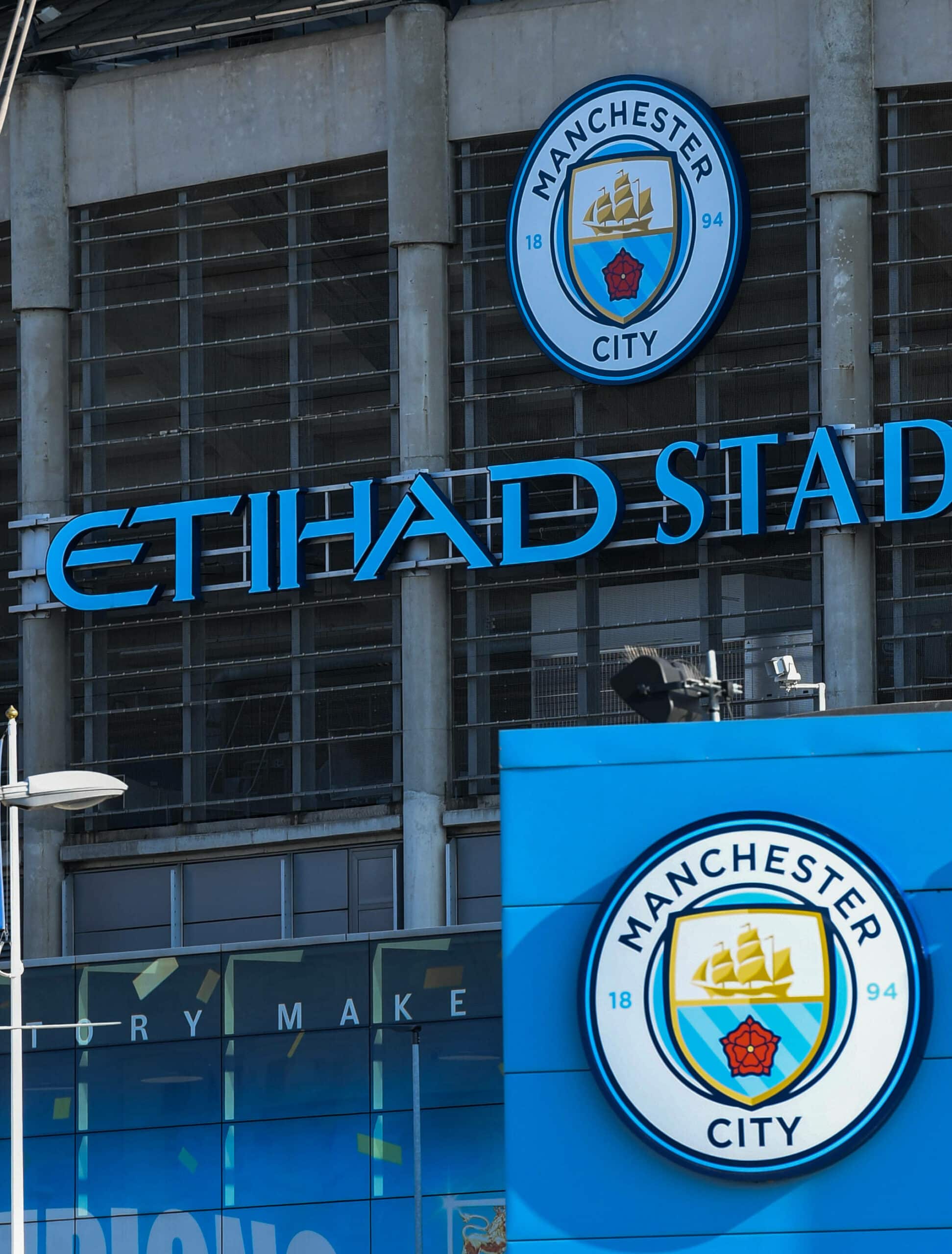Unpacking the Premier League’s Legal Setback
Landmark Ruling Redefines Commercial Norms
In what may be described as a watershed moment for football governance, Manchester City have emerged victorious in a legal challenge that strikes at the heart of the Premier League’s commercial regulatory framework. As reported by Matt Lawton of The Times, the league’s current restrictions on commercial deals with related entities were found to be unlawful. This decision opens the floodgates for Manchester City, and potentially other clubs, to secure more lucrative deals and pursue damages for previous restrictions.
“Manchester City have inflicted a potentially damaging defeat on the Premier League after the rules governing commercial deals between clubs and related companies were declared unlawful,” Lawton explains, setting the stage for what may be a tumultuous period in English football.
Implications for Future Sponsorships
The ruling particularly addresses the controversial blocking of two significant sponsorship deals that City had in place with Etihad and the First Abu Dhabi Bank earlier this year. The independent panel’s decision indicates a shift towards more autonomy for clubs in securing commercial sponsorships without undue interference.

“In a landmark decision that could have huge ramifications for England’s top flight, it was ruled that City were unfairly blocked from agreeing two huge sponsorship deals earlier this year,” Lawton notes, highlighting the potential for a major shake-up in how clubs engage with sponsors.
Debt Dynamics and Club Sustainability
One of the critical aspects of the ruling relates to how shareholder loans are treated under the current Profitability and Sustainability Rules (PSR). With many clubs heavily reliant on such loans, the reevaluation required by this ruling could lead to widespread financial reclassifications across the league.
“If the rules are altered and commercial loan rates are now applied to these interest-free loans and have to be included in a club’s profitability and sustainability calculation, many clubs could find they are in breach of Profitability and Sustainability Rules (PSR),” Lawton adds, pointing out the potential financial upheaval for numerous clubs.
Competitive Balance and Legal Precedents
This ruling does not only impact Manchester City but also sets a precedent that could influence the entire landscape of sports law within the realm of competition and market fairness. It challenges existing norms and may encourage other clubs to reevaluate their commercial strategies and legal stances.
Our View – EPL Index Analysis
The recent ruling in favour of Manchester City against the Premier League is not just a victory for one club but a clarion call for a review of how financial regulations are applied within English football. The decision highlights a critical oversight in the handling of shareholder loans and the assessment of commercial deals, which could lead to significant shifts in the financial structures of many clubs.
This case illustrates the delicate balance between maintaining a competitive league and ensuring financial fairness. The ruling may be seen as a win for free market principles, yet it also raises questions about the future of financial fair play in the sport. Critics might argue that allowing wealthier clubs to leverage their financial muscle through related commercial deals could widen the gap between the top and lower-tier teams, potentially skewing competition.
Ultimately, this decision underscores the evolving nature of sports governance in the face of modern financial realities. It compels all stakeholders—clubs, governing bodies, and fans—to reconsider what constitutes fair play on and off the pitch. For the Premier League, this could mean a return to the drawing board to devise rules that not only promote financial sustainability but also uphold the competitive integrity of the league.
This is a pivotal moment for football governance. The implications of this ruling will resonate through the corridors of power in sports law and club management, prompting a reassessment of how rules are made and applied in an increasingly complex sporting world. The challenge now is to find a balance that respects the financial dynamics of modern clubs while maintaining a level playing field that fans can trust.

